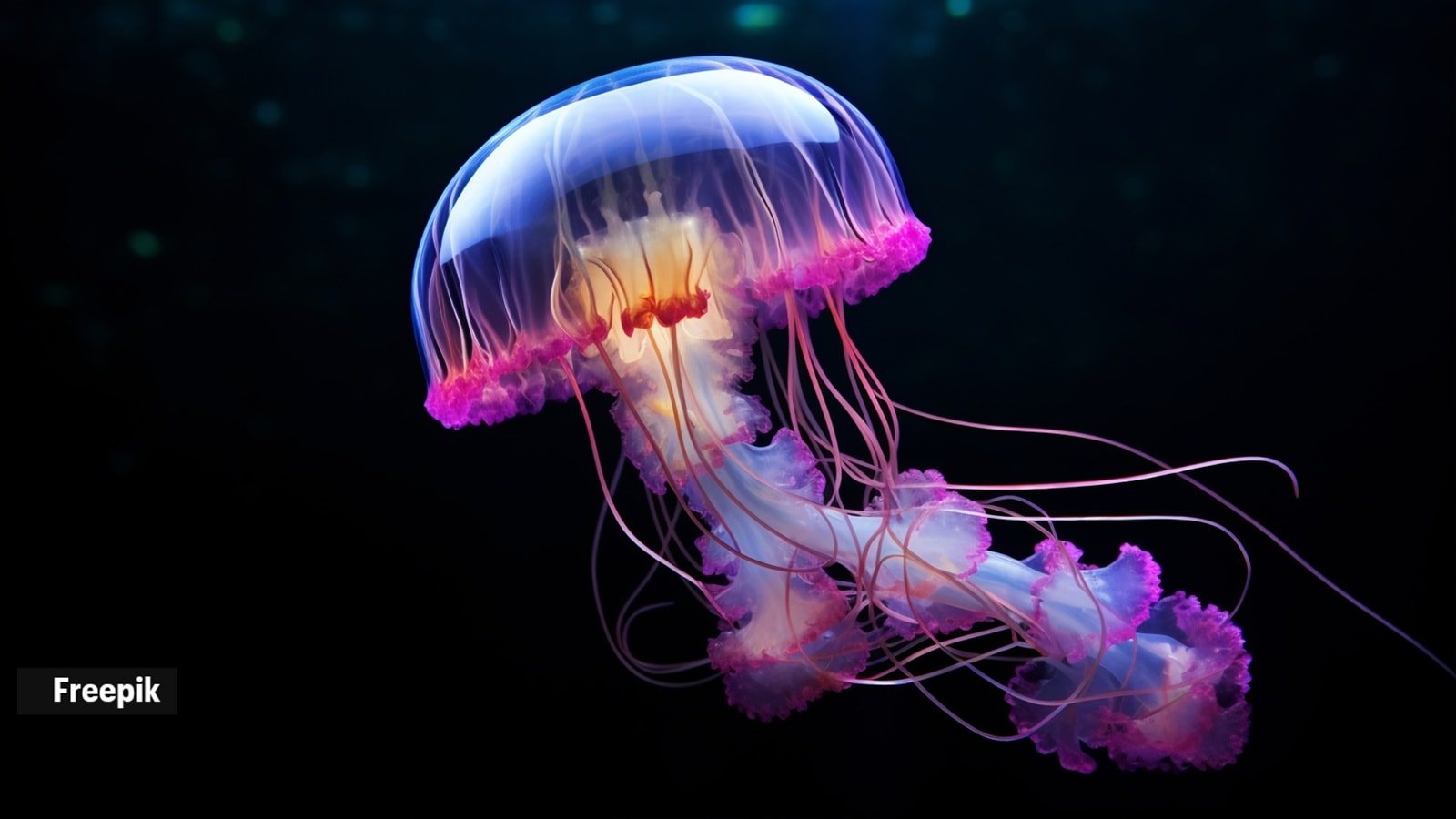Insomnia, or the inability to sleep, is not just a problem plaguing just human beings. Select species of the animal kingdom have been reported to stay up all night.
Excessive heat is indeed bad for sleep. It disrupts our body’s natural cool-down process that helps us doze off and stay asleep. But luckily for many of us, we can crank up the AC or turn on a fan. Wild animals don’t have those luxuries. According to Fahlo, here are 5 animals that experience insomnia
Giraffes
Giraffes are among the animals that sleep the least. Oftentimes, they sleep as little as 30 minutes a day. It’s a known fact about giraffes that their sleep patterns are highly fragmented. These slow-moving animals enjoy brief power naps lasting just a few minutes at a time, which scientists believe is due to their need to stay alert for predators.
Bullfrogs
Bullfrogs are often cited as animals that don’t sleep. But like other animals on this list, the reality is also nuanced.
There is a classic study that found that bullfrogs alternate between periods of reduced activity and full wakefulness rather than experiencing true sleep cycles. This means that, while their metabolic rate may slow down slightly, their brains do not fully shut off.
This adaptation likely developed as a survival mechanism that allowed bullfrogs to stay alert to predators and sudden environmental changes. Scientists have also observed that bullfrogs may engage in brief resting states where they close their eyes, but they remain able to react instantly to external threats.
 Giraffes do not sleep (Source: Freepik)
Giraffes do not sleep (Source: Freepik)
Jellyfish
Jellyfish challenge our understanding of sleep since they lack a brain or central nervous system. However, studies have shown they experience rest-like states to reduce pulsation rates at night. When at rest, they react more slowly to stimuli, which indicates a primitive form of sleep regulation. This discovery suggests even simple organisms benefit from periodic inactivity.
Story continues below this ad
The notion that animals that don’t sleep include creatures like jellyfish demonstrates how nature has evolved countless ways to maintain biological balance and energy conservation.
Sea urchins
Sea urchins appear constantly active, but research suggests they cycle between high and low activity periods. Without a brain, their form of rest differs significantly from traditional sleep, yet it serves a similar function.
Some species exhibit group-wide inactivity phases that hint at an evolutionary strategy for conserving energy. Their unique physiology makes them a fascinating example of an animal that never sleeps while proving that rest doesn’t always follow the patterns seen in mammals or birds.
Elephants
Averaging just two hours of rest a day, elephants are the animals that sleep the least on our list. In the wild, it’s a known fact that they can stay awake for up to 48 hours while traveling for food or avoiding predators.
Story continues below this ad
Unlike elephants in captivity (which often sleep lying down), wild elephants sleep standing up to stay alert. Scientists believe their fragmented sleep cycles help them remain vigilant in unpredictable environments.




